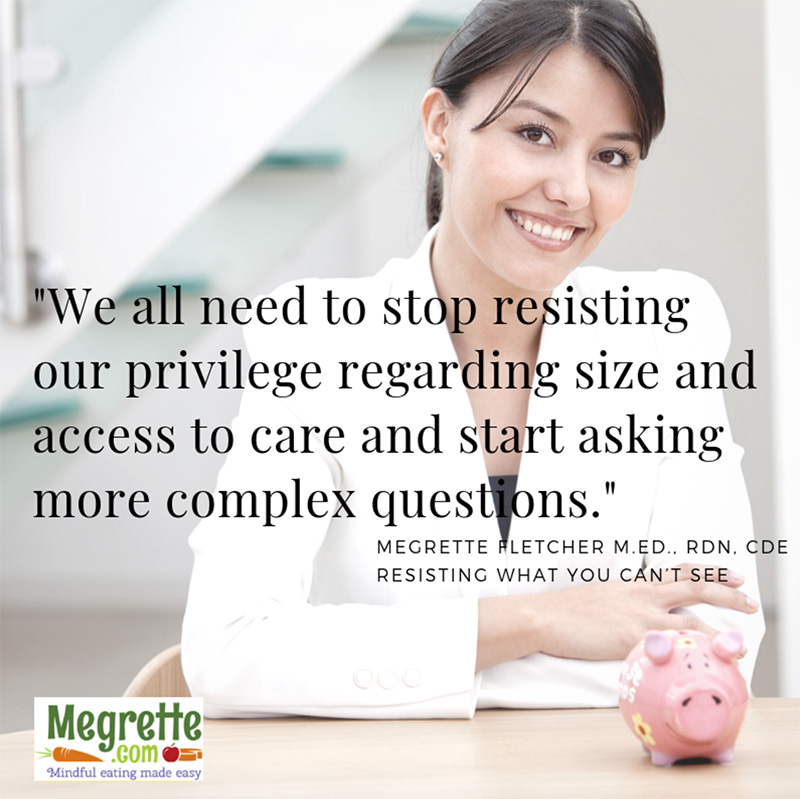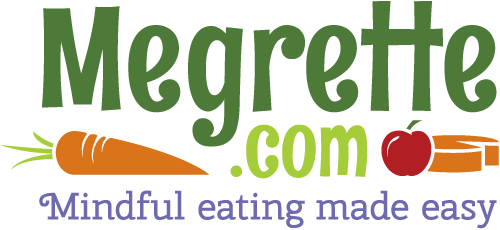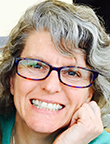
“Privilege” is a word you’ll hear often in social justice spaces including the non-dieting Health At Every Size community. Yet, what is privilege and why does this conversation seem to instantly create resistance? In this article, we are going to explore the concept of privilege and how it can stop professionals from embracing the non-dieting community.
How is it possible to talk about something not visible? To see what can’t be seen? This is why the conversation about privilege creates resistance. Privilege is not visible to its holder; it exists, a part of the world, a way of life, and simply the way things are. In my mind, this is the number one reason the discussion of privilege is so challenging. Many people assume when someone states, “You are privileged” or “That is your white/thin/middle class privilege showing” it implies your life was easy or you are a “Princess” which are not words many would use to describe their life experience. For those who routinely benefit from privilege, it is challenging not to deny its existence. It is important to recognize privilege is part of the reality which helps some while it impedes others. Using myself as an example, I am a white, thin female. These two things worked to my advantage without my knowledge. As a young adult, I found I had an undiagnosed thyroid disorder, which is why being “thin” was easy for me. I assumed it was something about my choices which made it easy for me to be within the BMI charts. It wasn’t until I was in my late thirties and I was diagnosed with hyperthyroidism that I begin to understand I had an advantage my siblings didn’t have. So, what is privilege? It is unearned advantages that are valued but restricted to other groups.
Being told you have privilege can result in a person becoming defensive, denying or minimize the suffering discrimination creates. Brene Brown mentions in her short video about empathy, how a person can “silver lining it” which is minimize the pain and hardship of a situation. The bottom line is it’s hard to be understanding with another person’s suffering and becoming defensive is a protective response.
It’s tempting to imagine The Health At Every Size is ONLY an anti-diet movement. If this is what you imagine HAES to be, it’s likely a clue you are experiencing privilege. The red flag is waving when health is depicted in a narrow, simplistic way. This is the privileged (or limited world view) belief that all bodies can be normal on a BMI chart if they, “just tried harder.” It assumes sustainable weight loss is an outcome which can be achieved by everyone or exercising on a regular and consistent basis is just a matter of scheduling your time efficiently.
It is easy to press on the brakes and stop listening. It is tempting to think, “But I was able to…”
Remember privilege doesn’t mean you didn’t work hard. We all need to stop resisting our privilege and start asking more complex questions. Privilege is problematic when it skews our personal interactions and judgments (systemic discrimination and bias) and when it contributes to or blinds us to systemic barriers (the biased scientific studies) for those who do not possess a certain privilege, thereby creating or perpetuating inequity. In American culture, certain groups have the privilege of operating within settings—through no effort on their part— which are more conducive for their success, while others—through no fault of their own—find themselves in settings that make success more difficult (Miranda, Boland, & Hemmeler, 2009).
Now, here is another point which causes a lot of resistance. When someone sees privilege but then twists the privilege to say they are actually disadvantaged. It’s important to bear this in mind because privilege doesn’t go both ways. For example, Female privilege does not exist because women don’t have institutional power. Similarly, black privilege, trans privilege, and poor privilege don’t exist because those groups do not have institutional power. The argument “blacks can get into college easier than white people” or “women have it easier because they get maternity leave” is inaccurate. When this type of twisted logic happens, people who are not in power – may, and often choose to take back their power. This taking of power, can surprise, shock, and anger a person of privilege. Comments like “That is rude!”, “I was offended!” , or “I don’t like their attitude!” can also be a red flag indicating your privilege is being challenged. If you are struggling with this point, please download The Thought Compass Newsletter and to use the handout to explore this conversation.
The individual who resides in a marginalized community has always had personal power but due to immense societal forces, he or she was silenced. Supporting, encouraging, and creating opportunities for any marginalized individual to be heard and retain a sense of power is healing. In the following article, Why We Are Proud of Our Fat Bodies by Alice Zoo, individuals who have been stigmatized speak out and up about their experience.
“Nowadays, when I look at photos from childhood, I don’t see anything wrong. I wasn’t skinny, but I wasn’t fat.
But I was made to feel that there was something wrong.
A few years ago, I started feeling a growing sense of anger.
I was consuming a lot of feminist blogs and podcasts, and they talked about body positivity and self-love. I got to the point where I thought, ‘There’s nothing wrong with the way I look, there’s nothing wrong with the way anyone looks. I’m just going to live my life.’”
This decision to resist the status quo, and to accept what has been “unacceptable” according to society requires an enormous amount of strength by the individual and it also requires us, as health and nutrition professionals, to support the individual’s decision to take back his or her power, to accept his or her body, and to see health on his or her own terms.
Understanding resistance, privilege, and how to change are important interrelated topics. Everyone has their personal experiences which are necessary to hear and vital to acknowledge. These stories are what connect and bind us. However, creating space for individuals who don’t typically share their experiences can truly open your mind. Mark Twain said, “Travel is fatal to prejudice, bigotry, and narrow-mindedness, and many of our people need it sorely on these accounts. Broad, wholesome, charitable views of men and things cannot be acquired by vegetating in one little corner of the earth all one’s lifetime.”
It is time to travel past our resistance, past the familiar stories, out of our comfort zones, and into a new space. This is the space of listening. To the space of being. As Rumi said,
Out beyond ideas of wrongdoing
and rightdoing there is a field.
I’ll meet you there.
When the soul lies down in that grass
the world is too full to talk about.
To learn more about privilege consider reading the following links:
- https://www.facebook.com/BigThinkScience/videos/272757440243386/
- https://everydayfeminism.com/2014/09/what-is-privilege/
- https://www.nasponline.org/resources-and-publications/resources/diversity/social-justice/understanding-race-and-privilege – This is a good document to have as a discussion
- Talking about race and privilege: https://www.nasponline.org/resources-and-publications/resources/diversity/social-justice/social-justice-lesson-plans/talking-about-race-and-privilege-lesson-plan-for-middle-and-high-school-students

